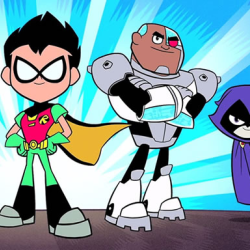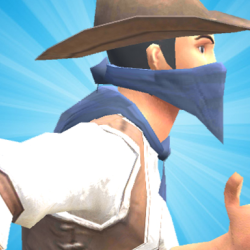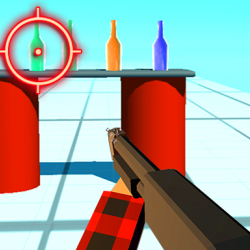The Witcher Card Match
Control
The shadows stretched long across the ruins as the last embers of daylight faded, the air thick with the scent of charred stone and ancient magic. Footsteps echoed against crumbling walls, each sound a gamble—would it draw predators or allies? The artifact pulsed in her palm, its glow dim but insistent, a heartbeat syncing with her own. Whispers slithered through the cracks in the masonry, half-lost tongues urging her toward the chamber below. She knew the risks: trapped mechanisms, soulbound guardians, the weight of choices that could unravel empires. But the promise in those whispers—*power to reshape the fracture*—left no room for retreat. Her dagger found its grip as she stepped into the dark, the cold bite of steel a familiar comfort. Somewhere deeper, a low hum vibrated through the earth, a song older than the city itself. It didn’t feel like a warning. It felt like an invitation.
description
Authored by Polish novelist Andrzej Sapkowski, *The Witcher* chronicles the adventures of Geralt of Rivia, a mutated monster slayer navigating a morally complex fantasy world. Witchers undergo grueling training and alchemical body alterations as children to gain heightened reflexes, magical prowess, and the ability to combat lethal supernatural creatures. Sapkowski’s work—spanning short stories and the epic *Witcher Saga* novels—has inspired global adaptations, from television shows and blockbuster video games to graphic novels and film. Translated into over a dozen languages, including English, the series blends Slavic folklore with dark political intrigue, solidifying its status as a cornerstone of modern fantasy literature.
































